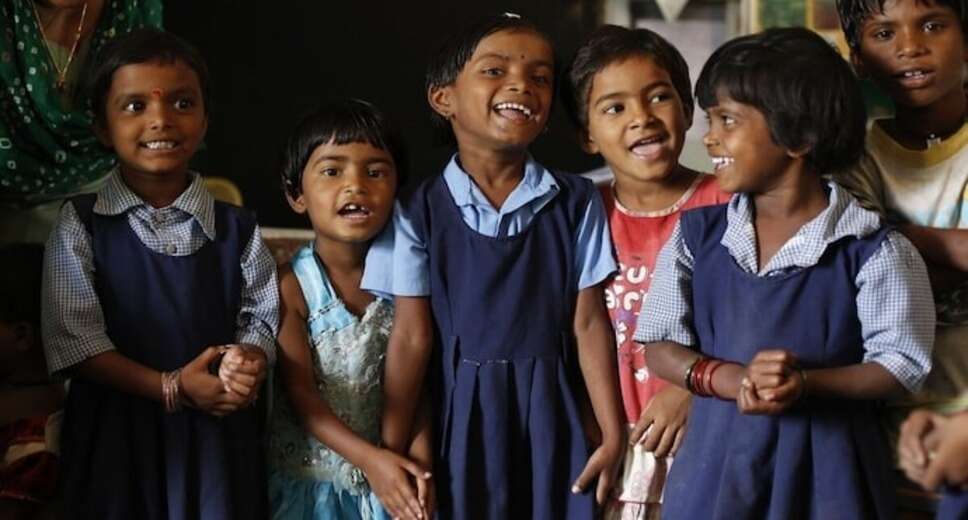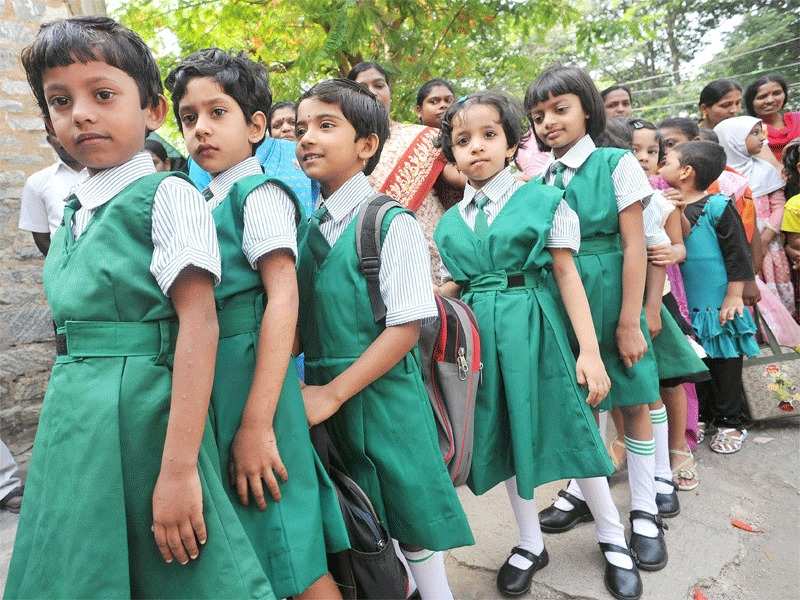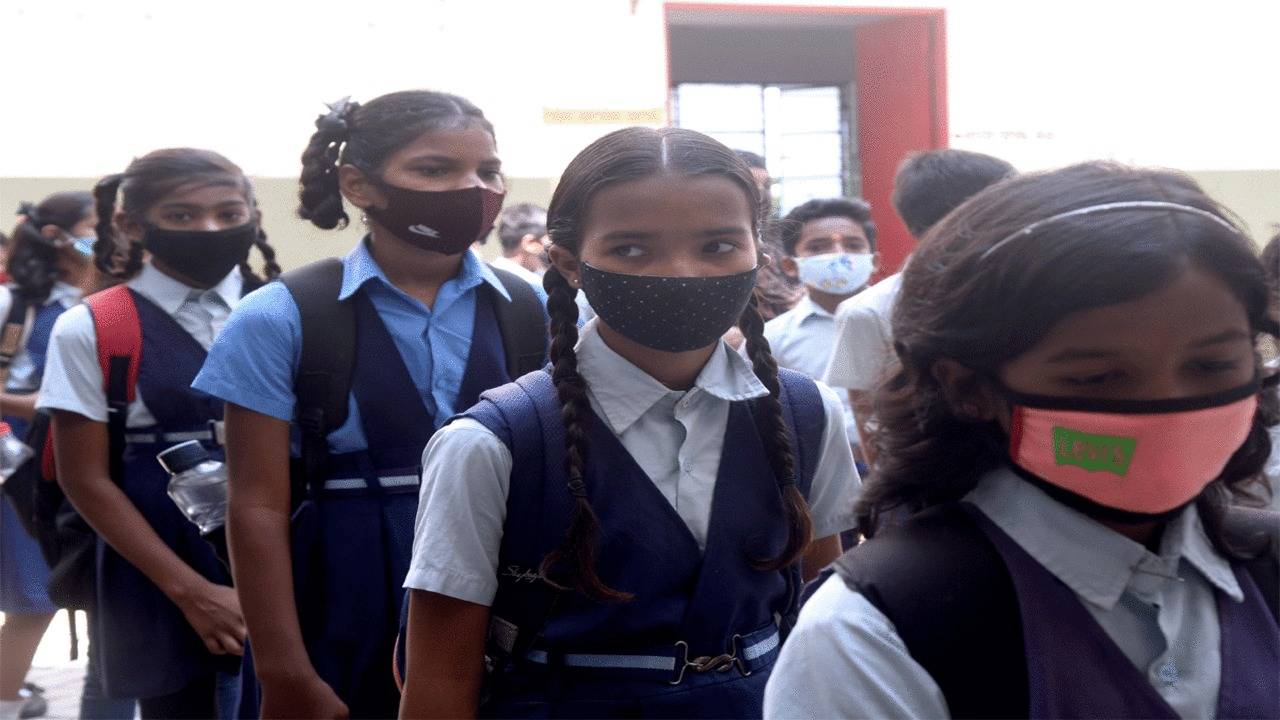Uttar Pradesh Private Schools Under Scrutiny: Allegations of Unfair RTE Denials Surface

The Right to Education Act (RTE), enacted in 2009, is a landmark legislation designed to ensure access to free and compulsory education for children aged 6 to 14 in India. One of its critical provisions mandates that 25 percent of seats in prominent public schools must be reserved for economically disadvantaged children, aiming to include them in the educational mainstream. However, recent reports from the Sarojini Nagar area of Lucknow, Uttar Pradesh, raise concerns about some private schools arbitrarily denying admission to these children under the RTE, despite claims of adherence to the law.

Understanding the RTE Admission Process
To comprehend the challenges faced by parents and the community, it's essential to understand the provisions of the RTE legislation regarding admissions:
-
Scope of RTE: RTE guarantees free and compulsory education for children aged 6 to 14.
-
Reserved Seats: The law reserves 25 percent of seats in major public schools for economically disadvantaged children.
-
Eligibility Criteria: To qualify, a child's family must be native to India, and the parent's annual income should be less than Rs 2.5 lakh. The law particularly focuses on ensuring access to education for SC, ST, OBC, BPL families, widow families, and orphaned children.
-
Application Process: Families can apply by visiting the official RTE website, selecting their respective state, and completing the application process for RTE Admission. The child's Aadhaar number is verified during this stage.
-
Admission Process: Once the child's Aadhaar number is verified, parents can obtain a printout of the application form and approach the allocated school in their area for admission under the 25 percent reserved quota.
-
Complaint Mechanism: The law allows for formal complaints if a school fails to provide admission within the stipulated 25 percent quota or demands fees after granting admission. If the complaint is substantiated, the school may face fines, and its recognition may be revoked.

Real Incidents in Sarojini Nagar
Despite these clear rules and regulations, incidents from Sarojini Nagar, particularly involving Vishwanath Academy, have come to light, where private schools are reportedly denying admission to economically disadvantaged children under RTE.
Parents like Suman Devi and Prashant Singh Chauhan have faced persistent hurdles in securing admissions for their children. Despite being eligible under RTE, their children were refused admission by the school, citing various reasons, leaving them without access to quality education.
School Administration's Response
When questioned about these allegations, the school administration maintained their stance, stating that they would not admit children under these circumstances. They claimed to have responded to parental complaints by providing a reply to the Block Education Officer (BSA), implying that further action would depend on this response.
Notably, the school, despite its registration on the official RTE portal and annual admission applications, has not admitted a single child under RTE since its inception in 2018.
Government Oversight and Intervention
Vijay Kiran Anand, UP Education Director General, emphasized the need for vigilance in handling such cases and stated that the department continuously monitored and took action against schools at the district level for non-compliance with RTE. According to the provisions of RTE, district-level committees investigate cases where schools refuse admissions, and the District Magistrate intervenes if necessary.
The Unanswered Question
Despite the legal provisions, parental applications, and departmental oversight, the question remains: Why do parents like Suman and Prashant continue to struggle for their children's education? The disconnect between the law's intent and its implementation in some instances raises concerns about the need for more effective enforcement mechanisms to ensure that all eligible children can access quality education as envisioned by the RTE Act.
